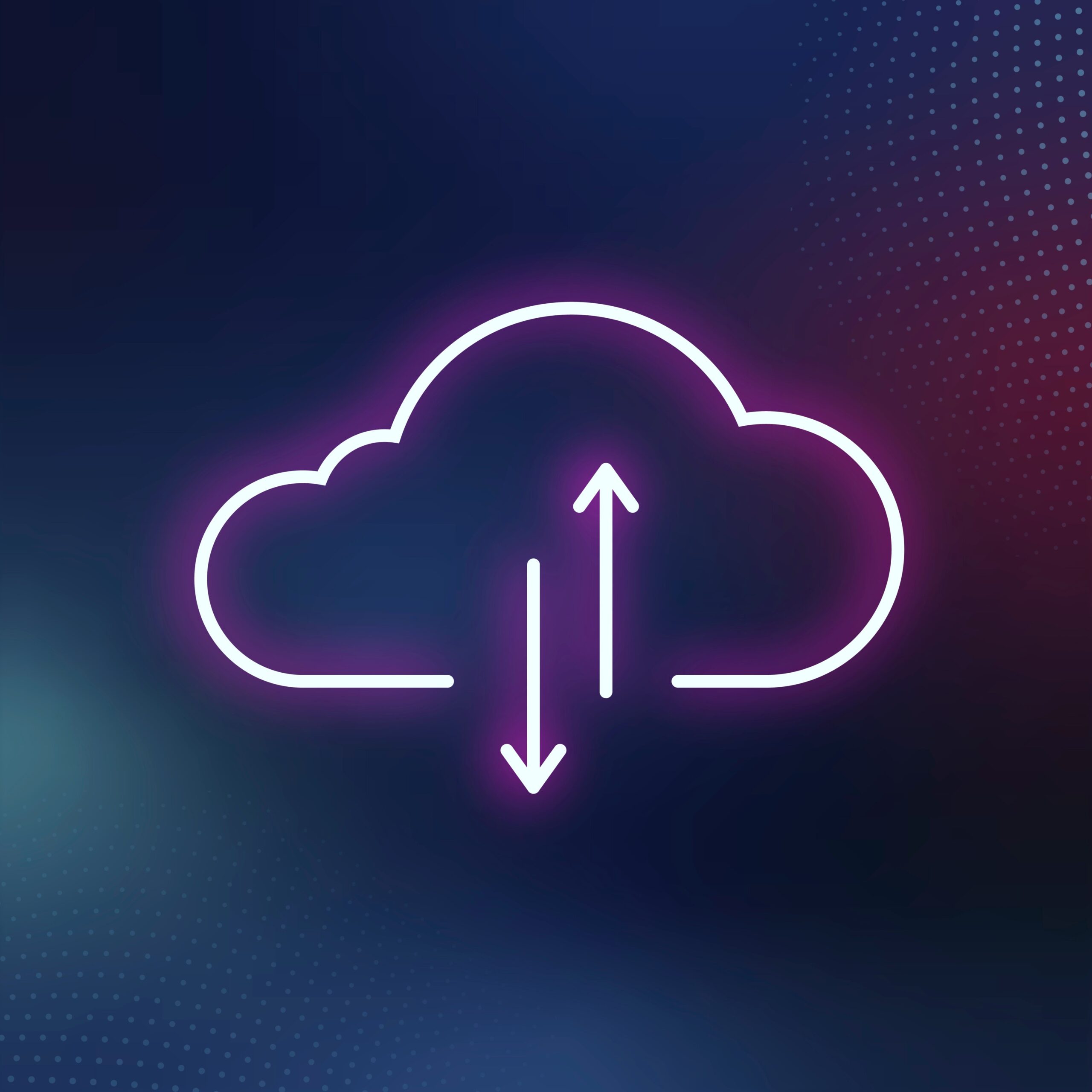Many service providers and agencies use cloud solutions in their work. Yet, the flexibility of these tools frequently generates unpredictable expenses.
Cloud cost management can be really helpful in this case. It can offer you more visibility and control over your spending. Keep reading and learn how it can benefit modern businesses!
Table of Contents
Benefits of Cloud Cost Management for Marketing
Marketing teams rely on cloud-based tools a lot in their work. These platforms offer speed and flexibility. Yet, they also introduce a new layer of financial complexity.
Cloud cost management is the best solution in this case. It gives you more visibility and control over your technology spending.
Here are the main marketing benefits you can get.
Optimizing Campaign Budget
Marketing specialists often handle many campaigns at the same time, including
- Social media ads,
- Email initiatives,
- Influencer collaborations.
Each of these campaigns typically relies on cloud-based platforms for targeting and tracking performance. However, the cost of running these platforms can change.
Proper management allows you to monitor the spending and compare it against campaign performance metrics.
Avoiding Unnecessary Spending
A huge financial risk in cloud usage is paying for services that are underused or forgotten, like
- Inactive databases,
- Rarely accessed storage,
- Redundant subscriptions.
Cloud cost management tools detect these inefficiencies. They help you cut unnecessary spending. So, you can redirect funds back into valuable activities, such as customer engagement or creative content production.
Agility Improvements
Modern marketing thrives on experimentation. Your team might often
- Run A/B tests,
- Pilot new customer segments,
- Experiment with different ad creatives.
This approach can raise expenses if you don’t track the resources carefully.
Effective cost management allows marketers to test new ideas and stay within budget.
Stronger Collaboration Between Teams
Marketing success often depends on collaboration with
- Sales,
- IT,
- Finance,
- Product teams.
They share different tools and platforms across departments. Cost management makes this process more transparent. It allows each team to understand how they consume resources and allocate them smartly.
How Does Cloud Cost Management Work?
Cloud computing is a huge part of many business operations. Yet, many organizations adopt this solution quickly and then discover that expenses are difficult to track and optimize.
That’s where cloud cost management steps into the game.
Here’s a breakdown of how it works.
Gaining Visibility
These platforms consolidate data from different providers and display it in one dashboard. You can see which projects or applications are driving costs. Clear views give you the visibility needed to act.
Usage Monitoring
Cost management systems continuously track usage in real time. So, you know when consumption is higher than expected.
Many tools also provide alerts when spending reaches predefined thresholds. It allows your team to act quickly before expenditures get out of control.
Identification of Inefficiencies
Next, the platforms analyze usage patterns and highlight areas of waste. They might recommend
- Downsizing an instance,
- Shutting down unused resources,
- Consolidating services.
You can reduce monthly expenses a lot by eliminating hidden waste.
Resource Allocation Optimization
Cloud cost management also ensures strategic usage of resources. They use rightsizing to match resources to the actual workload needs.
Some tools also support autoscaling. It automatically modifies resource usage based on demand.
Financial Planning
Another important function is helping you plan ahead. These platforms use historical data and usage trends to predict future expenses. It lets you create accurate budgets and avoid surprises on monthly invoices.
Policies Enforcement
The expense management process is all about governance. You set different rules to keep expenses under control. As a result, teams and departments become accountable for their cloud consumption. They use the resources more responsibly.
The Impact on SaaS and Agencies
The growth of SaaS and digital agencies has been fueled by cloud computing. Both models rely heavily on this infrastructure to deliver products and manage data.
However, the same scalability that makes this adoption attractive can also introduce unpredictable expenses. Cloud cost management addresses this challenge.
Benefits for SaaS Companies
SaaS companies mostly use a recurring payment model. They need to balance predictable subscription income with inconsistent infrastructure charges.
Cloud cost management helps them
- Protect profit margins,
- Control expenditures during expansion,
- Refine product design,
- Optimize performance,
- Price services accurately.
As a result, they can scale sustainably and maintain healthy unit economics.
Benefits for Agencies
Digital marketing agencies and technology consultants often manage resources on behalf of their clients. They have to handle expenses internally while ensuring transparency for clients.
Cost management provides some benefits in this area, including
- Transparent billing for clients,
- Campaign performance optimization,
- Profitability increase.
Agencies can deliver measurable value and strengthen their long-term relationships with customers.
Conclusion
Cloud cost management is a critical element of business operations today. It not only helps you cut the expenses. These platforms allow you to
- Optimize campaign budgets,
- Eliminate waste,
- Experiment more,
- Improve collaboration,
- Forecast spending, and much more.
You gain the financial discipline needed to maximize the impact of your efforts.

Andrej Fedek is the creator and the one-person owner of two blogs: InterCool Studio and CareersMomentum. As an experienced marketer, he is driven by turning leads into customers with White Hat SEO techniques. Besides being a boss, he is a real team player with a great sense of equality.
